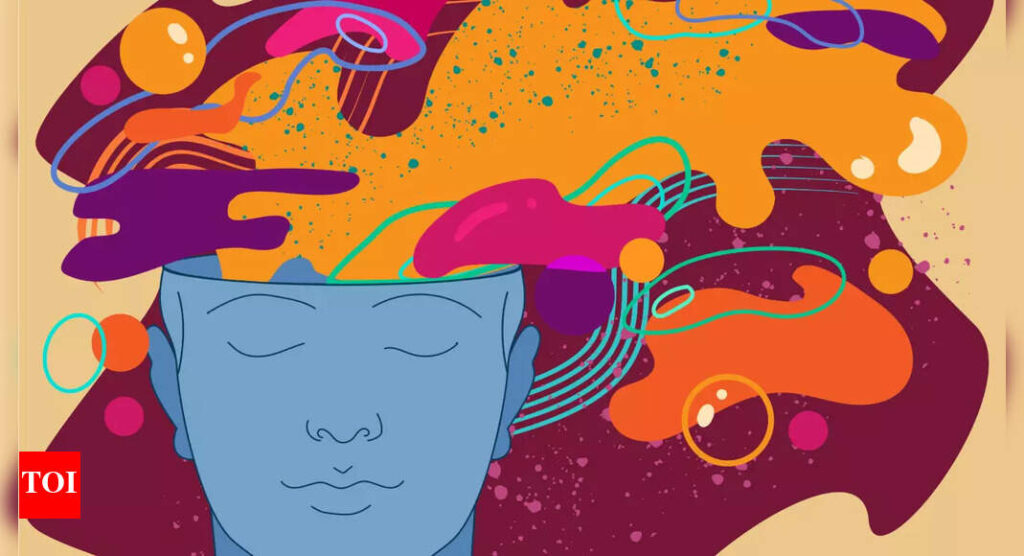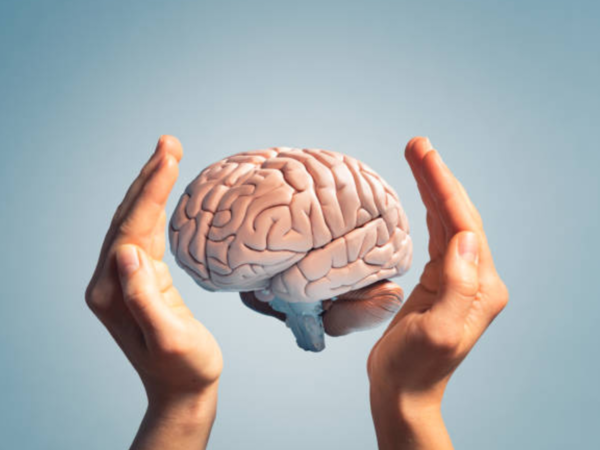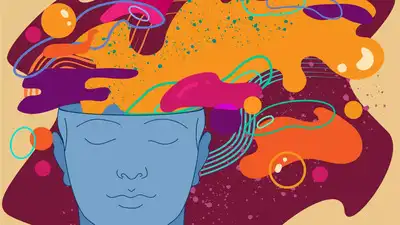
Amidst chasing deadlines at work and trying to balance personal commitments, stress has become a constant companion for many. While several studies have linked chronic stress to various health issues, new data suggests that it may even affect how you remember things. Yes, that’s right. A recent study suggests that stress not only changes how we feel but also reshapes how we remember.A study led by researchers at The Hospital for Sick Children has uncovered that stress changes how our brain encodes and retrieves aversive memories. This could be a breakthrough in restoring appropriate memory specificity in people with post-traumatic stress disorder (PTSD). The findings of the study are published in the Cell. Memories and stress

Want to keep your mind sharp?
If you happen to stumble during a presentation, the chances are you might feel stressed the next time. This is because your brain associates your next presentation with that one poor and aversive experience. This type of stress is tied to one memory. The researchers also found that stress from traumatic events like violence or generalized anxiety disorder can lead to stress-induced aversive memory generalization, where fireworks or car backfires can trigger seemingly unrelated fearful memories and derail your entire day. In PTSD, it can be worse.“A little bit of stress is good, it’s what gets you up in the morning when your alarm goes off, but too much stress can be debilitating. We know that people with PTSD show fearful responses to safe situations or environments, and have found a way to limit this fearful response to specific situations and potentially reduce the harmful effects of PTSD,” Dr. Sheena Josselyn, senior scientist in the Neurosciences & Mental Health program, said.Stress-induced memory generalization

To understand how this generalization of stress with traumatic incidence forms, the researchers created a preclinical model in which subjects were exposed to mild stress before an aversive event. This triggered non-specific fearful memories that extended beyond the original trauma, much like PTSD symptoms in humans.They studied memory engrams, which are clusters of neurons that store specific memories within the brain. Normally sparse, these engrams became significantly larger under stress, involving more neurons and producing fear even in safe environments.They found that stress can cause an increase in the release of endocannabinoids (endogenous cannabinoids), which are naturally occurring chemicals in the brain that normally help shape specific memories. When stressed, too many of these are released, overwhelming the brain’s interneurons that usually contain the memory of a specific engram.“Endocannabinoid receptors function like a velvet rope at an exclusive club. When stress induces the release of too many endocannabinoids, the velvet rope falls, causing more generalized aversive fearful memories to form. By blocking these endocannabinoid receptors just on these specific interneurons, we could essentially prevent one of the most debilitating symptoms of PTSD,” Josselyn explained. Link between stress and the developing brain

Previous research found that the developing brain forms larger, more generalized memory engrams than the adult brain, similar to those triggered by stress. “The many biological functions and processes that make up the complexity of human memory are still being uncovered. We hope that as we better understand human memory, we can inform real-world therapies for those with various psychiatric and other brain disorders throughout their lifespan,” Dr. Paul Frankland added.








